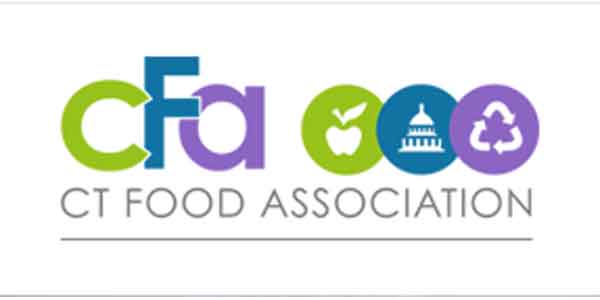A proposed bill would impose a 5-cent tax on single-use plastic and paper bags.
The article below can be found at: http://www.courant.com/news/connecticut/hc-tax-plastic-bags-20170222-story.html
A proposed 5-cent state tax on single-use plastic and paper shopping bags would offer a chance to dramatically help Connecticut’s environment and ease the state’s severe budget crisis, lawmakers were told Wednesday.
“Connecticut residents use between 800 million and 1 billion single-use bags every year,” according to testimony offered by Louis Burch, a state spokesman for the Citizens Campaign for the Environment. “The average plastic bag is used for 12 minutes, but the damage it causes lasts for decades,” he said.
Sen. Ted Kennedy Jr., D-Branford, told the legislature’s Environment Committee the proposed tax could result in $20 million in new state revenue that could be dedicated for environmental programs.
In a sharp change from past industry opposition, the president of the Connecticut Food Association told lawmakers his group is in support of the proposed bag tax.
“It makes sense,” said Wayne Pesce, head of the association representing Connecticut grocery stores. Pesce said grocery stores in this state have reduced the number of single-use bags by 30 percent since 2010 but are worried they “have reached critical mass” on voluntary efforts.
“This is a change in position for us,” Pesce said, adding that his organization’s members “don’t think we can cut usage [of single-use bags] by more than the 30 percent we already have” without some kind of fee or tax.
Pesce said his group would like to see funding from any bag tax used to educate consumers about the need for reusable bags and how to recycle plastic bags.
But Robert Klee, commissioner of the state Department of Energy and Environmental Protection, testified that Gov. Dannel P. Malloy’s administration is opposed to the legislation, and objects to the creation of any separate fund dedicated solely to environmental protection.
The General Assembly public hearing on the bag tax came just days after New York Gov. Andrew M. Cuomo signed legislation cancelling a planned 5-cent plastic bag fee in New York City.
In 2009, Westport became the first community in Connecticut to ban single-use plastic bags. Other cities around the U.S., including San Francisco and Los Angeles, have also banned or taxed single-use shopping bags.
But retail industry groups in Connecticut have in the past repeatedly opposed legislation to ban or tax plastic and paper shopping bags, arguing that those bags can be and often are recycled already. But several experts testified Wednesday that single-use plastic bags can’t be recycled in the same way as other garbage and should actually be returned for recycling to the stores where they were obtained.
Klee also noted in his testimony that plastic retail shopping bags “are 100 percent recyclable if collected and managed properly.”
John Chunis, a Rocky Hill resident, said in his testimony that “single-use plastic bags are actually reused by most people… as lunch bags, storage bags, refrigerator bags, dog poop bags and many other useful purposes.”
“The argument that [plastic bags] end up in our rivers and streams no longer holds water,” Chunis said in opposing the proposed bag tax. He argued that the “few irresponsible people” who now throw such bags on highways will “still throw the bags away like this even if there is a tax.”
But environmental activists and some lawmakers argued that the intent is to get shoppers to bring reusable bags to markets and retail stores.
Rep. Joshua Elliott, D-Hamden, said he is owner of a market in Shelton and “made the decision years ago to stop using plastic bags.” He called the proposal for a bag tax to convince consumers of the need for reuseable bags “an elegant step” and one that “isn’t cost prohibitive” for shoppers.
David Sutherland, a spokesman for The Nature Conservancy, said the bag tax would provide badly needed revenue to offset expected cuts in state park and environmental programs.
“Connecticut now ranks 49th in the country in the percentage of the state budget that is used to maintain our state parks system,” Sutherland said in his testimony.


